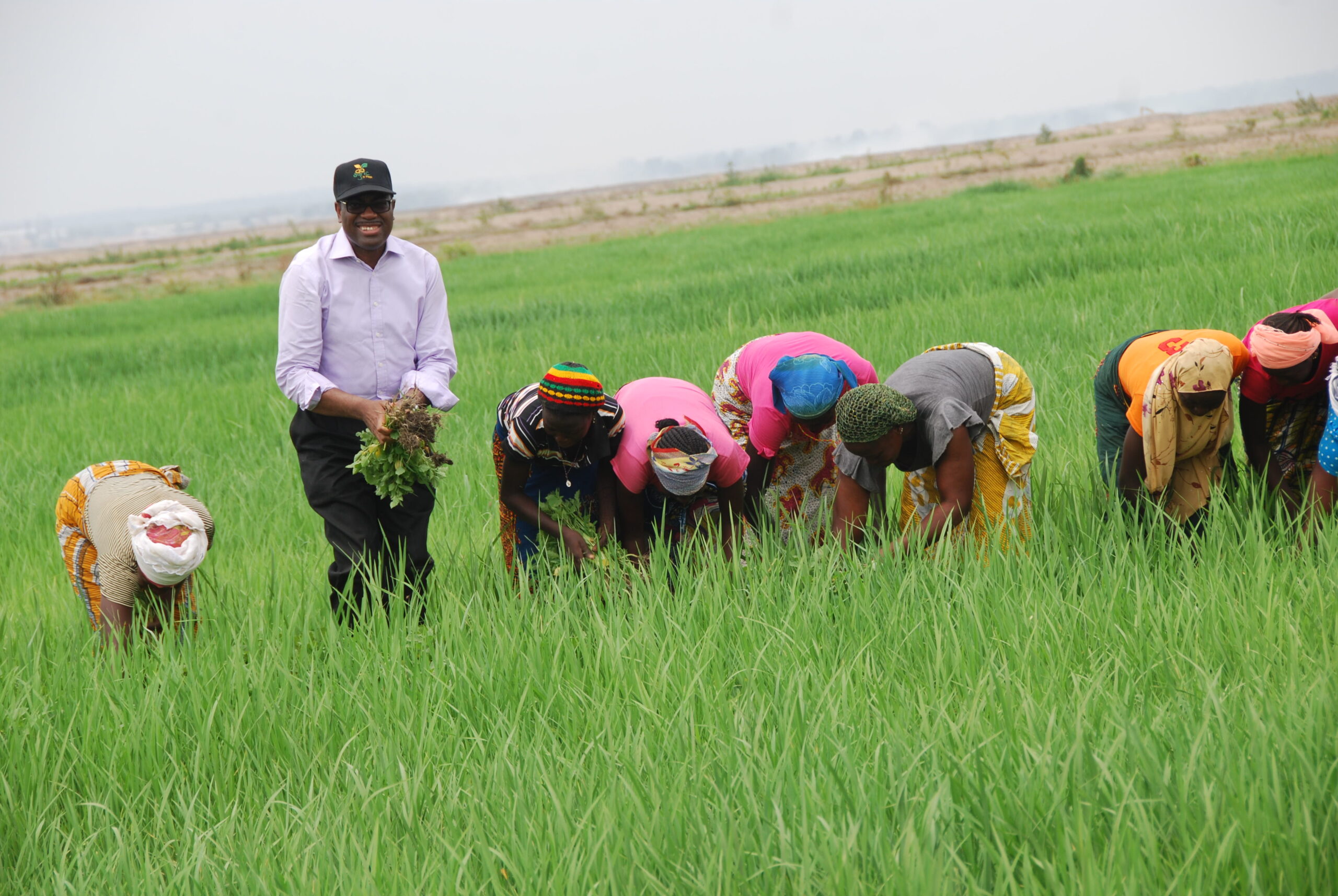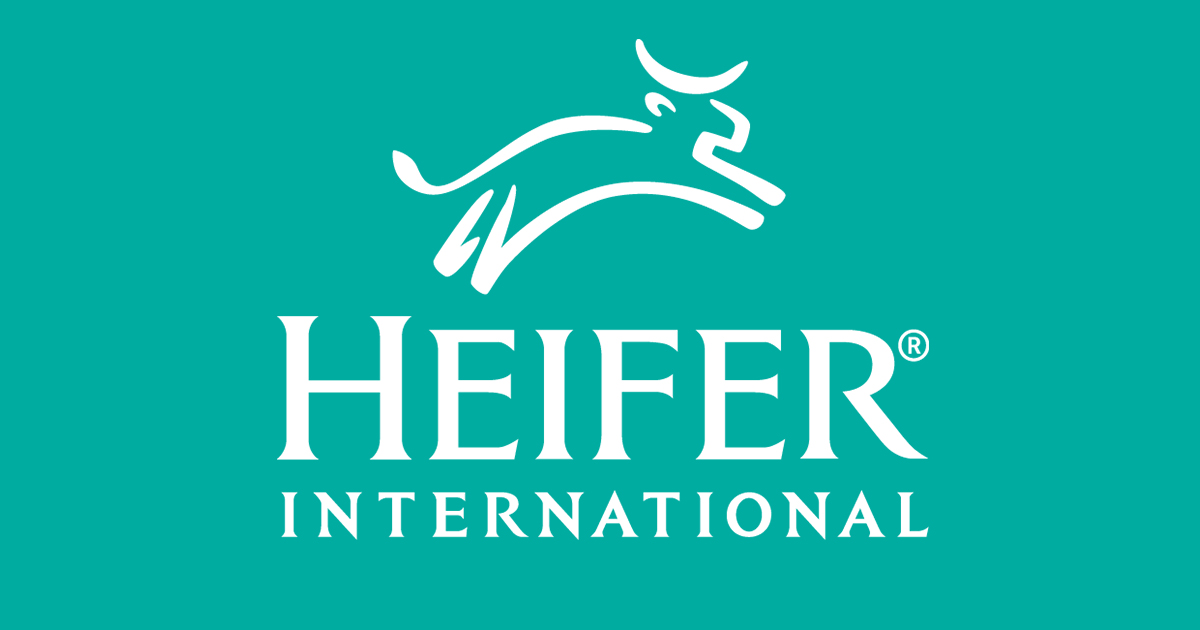In a groundbreaking development for Nigeria’s agribusiness sector, the African Development Bank (AfDB), in partnership with the Islamic Development Bank (IDB) and the International Fund for Agricultural Development (IFAD), has allocated an additional $1 billion to propel the creation of Special Agro-Industrial Processing Zones (SAPZs) across 24 states in Nigeria.
This comes as an expansion of the initial $520 million investment made by these development partners to establish eight SAPZs within the country.
The announcement was made by Dr. Akinwumi Adesina, President of the AfDB, during his address at the Norman Borlaug International Dialogue for the World Food Prize 2023 in Des Moines, Iowa, USA. The ongoing event, attended by Vice-President Kashim Shettima, who represented Nigeria, focuses on food security and diversification, aligning with Nigeria’s commitment to agricultural transformation as part of its national agenda.
Adesina’s speech, titled “From Dakar to Des Moines,” emphasized the substantial funding injection into Nigeria’s agribusiness. The objective is to establish SAPZs across 13 countries to support the development of agricultural value chains, food processing, value addition, and the necessary infrastructure and logistics for local, regional, and international trade.
The African Development Bank Group has committed a staggering $853 million towards the development of SAPZs. This monumental initiative has further attracted additional co-financing amounting to $661 million, culminating in a total investment commitment of $1.5 billion.
Read also: AfDB, Google partner for technology advancements
Advancing Agricultural Value Chains
President Adesina expressed the Bank’s focus on deploying effective partnerships at a large scale, citing the ongoing implementation of 25 Special Agro-Industrial Processing Zones across 13 countries. Furthermore, the AfDB and the International Fund for Agricultural Development have already provided $520 million for the development of eight SAPZs in Nigeria.
The second phase of this program aspires to mobilize an additional $1 billion to establish SAPZs in 24 states across Nigeria. This substantial investment signifies a collective commitment to foster the development of the agribusiness sector, laying the foundation for economic growth, job creation, and enhanced food production.
Adesina’s address also acknowledged the existing challenges within the agricultural landscape, particularly the persistence of hunger. Despite the remarkable progress in African agriculture, an alarming 283 million people across the continent continue to suffer from hunger, representing roughly one-third of the global population facing this issue.
Leveraging Agricultural Potential with Science and Technology
The Norman Borlaug International Dialogue World Food Prize 2023 was recognized by President Adesina as an endeavor that integrates science, technology, policies, and politics to unlock Africa’s agricultural potential fully. Through this platform, Africa aims to feed its population with pride and eliminate food insecurity.
Adesina commended the participation of Vice-President Kashim Shettima and President Sahle-Work Zewde of Ethiopia in the global event, indicating the continent’s political determination to address food insecurity and eradicate hunger.
Vice-President Shettima reiterated Nigeria’s focus on food security as he presented the initiatives pursued by the Tinubu administration. Shettima affirmed that the quality of leadership in Nigeria and the broader African continent is pivotal in driving transformation within agriculture and various sectors.
He emphasized the fundamental role of leadership, stating that the quality of leadership plays a substantial role in a nation’s rise or fall. Shettima pointed out that Africa is fortunate to have several high-quality leaders who are driven, passionate, and equipped with the skills to redefine modern leadership. He cited President Tinubu, Macky Sall of Senegal, and Abdel Fattah El-Sisi of Egypt as examples of leaders who are distinguishing themselves with exceptional leadership.
Shettima lauded President Tinubu as a modern African leader, poised to redefine leadership in the 21st century. He expressed optimism that Nigeria, as an anchor nation, will experience transformative changes in the coming years under President Tinubu’s leadership.
Transforming Wheat and Rice Production
Shettima elaborated on Nigeria’s goals for wheat and rice production, focusing on increasing self-sufficiency. For wheat production, Nigeria aims to achieve 50% self-sufficiency within the next three production cycles. To facilitate this, the country has already procured heat-tolerant wheat seeds and will support farmers with the necessary resources, including heat-tolerant variety seeds, agricultural extension services, fertilizers, and the expansion of irrigation areas.
The goal is to produce approximately 2.4 million tonnes of wheat grains within Nigeria. These efforts will involve small irrigation schemes, digitalization, innovative financing, partial credit guarantees, and crop insurance to provide comprehensive support across the value chain.
Regarding rice production, Shettima emphasized the challenge of insufficient paddy rice to meet domestic demands. Nigeria boasts ample milling capacity, but there is a need to produce three to four million tonnes of paddy rice to meet the annual requirement of 2.5 million tonnes. With 75 million hectares of arable land, most of which are suitable for rice cultivation, Nigeria aims to provide farmers with certified seeds, fertilizer, extension services, digitalization, inputs, financial support, and market information.
The ultimate objective is to achieve self-sufficiency in rice production, with the latest target set for 2027.
Vice-President Shettima also discussed the Special Agro-Industrial Processing Zones (SAPZs), reiterating the government’s commitment to create an enabling environment for investors in these zones. This commitment includes establishing an SAPZ development authority that will operate as a one-stop shop, addressing regulatory and associated issues. The aim is to foster investment, innovation, and growth within Nigeria’s agribusiness sector.
The partnership between the African Development Bank, the Islamic Development Bank, and the International Fund for Agricultural Development is a monumental boost for Nigeria’s agribusiness sector. These investments are set to catalyze the development of Special Agro-Industrial Processing Zones, enhance agricultural value chains, and ultimately contribute to food security, economic growth, and job creation across the country. With a clear vision and a commitment to leadership, Nigeria is well on its way to transforming its agriculture sector and ensuring a brighter future for its citizens.

